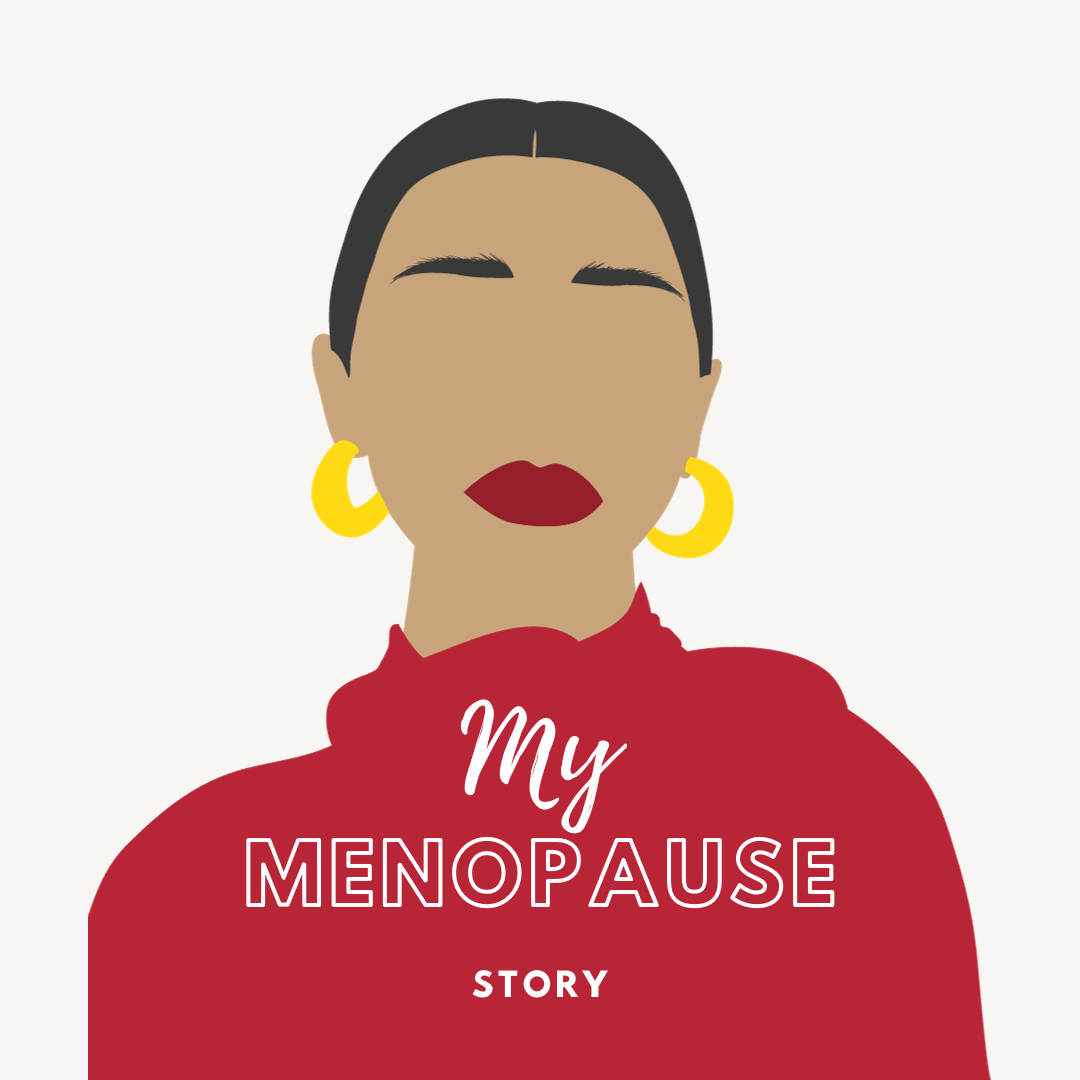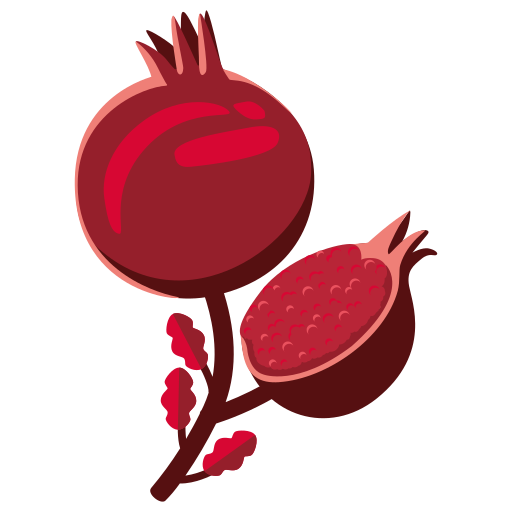
DISCLAIMER
The content contained and expressed here is for informational and educational purposes only, and should not be used in place of an actual doctor's visit. My story and health history provided here is not intended to diagnose or treat any diseases. Please consult with your doctor(s) about your own health conditions and your own specific set of circumstances. All information provided here is to be used at your own risk.
“Do the best you can until you know better. Then when you know better, do better.”
Maya Angelou
For me, this advice has proven to be true. I am a perpetual work-in-progress, consistently seeking better health and vitality, and better balance. Today I feel better than ever. I am a thriving woman in midlife, pursuing my aspirations and goals with fervor. Good health is paramount for longevity. I want this for you, too.
Hormone health became my passion as it unlocked many mysteries for me during my midlife journey. In my 40s, I began to experience a hormonal imbalance which I came to know as estrogen dominance. As a result, I developed two separate instances of uterine fibroids growths and a cyst in one of my ovaries. These two separate instances led to two separate surgeries. Each surgery required me to take a significant leave of absence from my job to accommodate my recovery time.
The first surgery was to remove a cluster of fibroids. I was in my late 30s when I first noticed the symptoms of uterine fibroids. This first set of fibroids caused so much heavy bleeding that I had to regularly take days off just to be close to the bathroom. Losing so much blood every month led to low iron levels, and it took me months to raise my iron levels high enough to have the surgery to remove the fibroids. I was 41 when I was finally able to have the surgery. The procedure was successful, and my recovery went well. I felt better for a while, until a new set of fibroids grew large enough to cause me daily pain and discomfort. I lived with this second set of fibroids for several years.
I was 55 when I had the second surgery. By that time I had gone into menopause naturally, and was post-menopause a year prior to the surgery. The second surgery was to remove a new growth of fibroids residing in my uterus. These fibroids caused my belly to protrude and obstructed my bladder somehow. Even though living with these fibroids for years was painful, I waited until I went into menopause naturally to have the second surgery. The other reason for the surgery was to remove a cyst in one of my ovaries. My doctor and I mutually agreed upon doing a hysterectomy, and a bilateral oophorectomy to remove the risk of developing another cyst in my other ovary and the possibility of ovarian cancer.
But I was ready to remove my uterus and ovaries. In hindsight I realized how much estrogen dominance had plagued my life, dating back to my three pregnancies, two births and one miscarriage, and even further back to my painful menstrual cycles starting at the age of eleven that required prescription medication containing codeine to relieve my menstrual cramps and pain. Codeine, at eleven years old! It was 1973. Who knew.
But in 2017 at the age of 55, I wanted to let go of the organs that had served their purpose now that I was post-menopause, and I wanted relief from other symptoms I was still experiencing that were estrogen-related. Given all of that, the circumstances surrounding my decision to have these procedures were favorable. The surgery was successful, and the outcome was beneficial on many levels. It was the right decision for me.
I understand that every woman’s experience with similar procedures is unique to them. For many, the outcome is less favorable. But for me, I still feel the imprint of my womb and the imprint of my ovaries as if they are still present in my body. Similar to what it feels like to know the spirit of something, or the essence of something. Like the memories of a relationship I had with both my womb and my ovaries remain alive, encoded, and undiminished in my body. Similarly, the embodiment of my femininity is as potent as it was before the surgery. I do not feel lesser. I am whole. However, I acknowledge that this is not the case for every woman who has undergone the same procedures that I did.
Who was this woman I was becoming?
In between each of my surgeries which spanned about ten years of dealing with fibroids, I was also enduring a slew of perimenopause symptoms that wreaked havoc on my moods, my weight, and my sleep. By the time I reached my 50s, estrogen dominance eventually led to symptoms of hypothyroidism.
I began experiencing significant hair loss and had to wear clip-in hair extensions just to keep up appearances. I also developed an intolerance for cold temperatures, experienced low libido, higher cholesterol levels, and constipation–drinking Smooth Move tea several nights a week for morning relief. My final years of transitioning to menopause brought higher blood sugar levels, insulin resistance, vaginal dryness. For a time, I avoided any type of intimacy or pleasure because my body no longer felt like my own.
TMI? Yes. But I share all of this to convey that I, too, felt very vulnerable in the midst of all of these destablizing changes, like so many women do during perimenopause. You are not alone. Like you, I asked myself, “Who was this woman I was becoming?” I wanted my old self back. I knew that woman. But this new woman? I had to get to know her if I was going to survive her.
While enduring perimenopause, I was working in Silicon Valley for various tech companies, commuting 3 hours a day, and I was under a lot of stress and pressure to retain millions of dollars in revenue for the companies I worked for. I was successful. But it came at a cost. My laundry list of symptoms were exacerbated by the demands of my job. On the surface I appeared to be thriving. But underneath, I was simply surviving the hormone imbalances caused by stress, the menopause transition, the fibroids, and everything else that came with it. If there was one silver lining during this time, it was that my children were grown adults in their twenties during those final years transitioning into menopause. For that I was very grateful because it took every ounce of energy (on no sleep) to pull myself together in the mornings and commute an hour and a half to Silicon Valley and look some version of fabulous upon arrival.
We can rebuild her.
(An ode to the Bionic Woman.)
Those menopausal years were brutal, and wreaked significant havoc on every area of my life, including my intimate relationships. Eventually, I was able to eliminate the vaginal dryness and all the other symptoms that had wreaked havoc with making lifestyle changes and with hormone replacement therapy that includes just the right amount of estrogen, progesterone and testosterone to ‘rebuild’ a version of me that I recognized. I lost the weight, I started sleeping, my hair began to grow back. And I quit the tech industry. I dropped 20 lbs (of stress) almost immediately after leaving. Boom! Bye Felicia! And I got my mojo back. Yeah, baby!
But it was my midlife struggles that inspired me to become a health coach while still in the thick of it. I didn’t know what hormone imbalance entailed, or what estrogen dominance was at the time. I had no idea that the symptoms I had were the direct result of hormone imbalance and perimenopause, creating a cascade of ancillary dysfunctions. But I wanted to understand the root cause behind it all, and what I could do that was within my control to resolve them.
Once I gained the knowledge and slowly restored my hormone balance, first with making lifestyle changes, then later with HRT, I reclaimed my vibrant self and took back my life. I then decided I not only wanted to get my life back, but to also help every woman in midlife with a similar story, struggling with some form of hormone imbalance that is wreaking havoc in her life. I wanted to support women navigating the hormonal changes that happen during this stage of life. This desire became the mission of Being Well Aware, my functional medicine health coaching and intimacy and relationship coaching practice. I want women to ‘be well aware’ and well-informed of their options, their solutions, other than to just suffer through it. You don’t have to suffer through it.
Coaching women as they navigate their health issues has become fulfilling work for me. I’m so grateful for the opportunities to share my knowledge and experience with every woman who I have the privilege to coach. My hope is that each woman will remember and reclaim her vibrant self, so that she can live the life she wants to live.
"Her future's so bright, she gotta wear shades."
~ Timbuk 3

